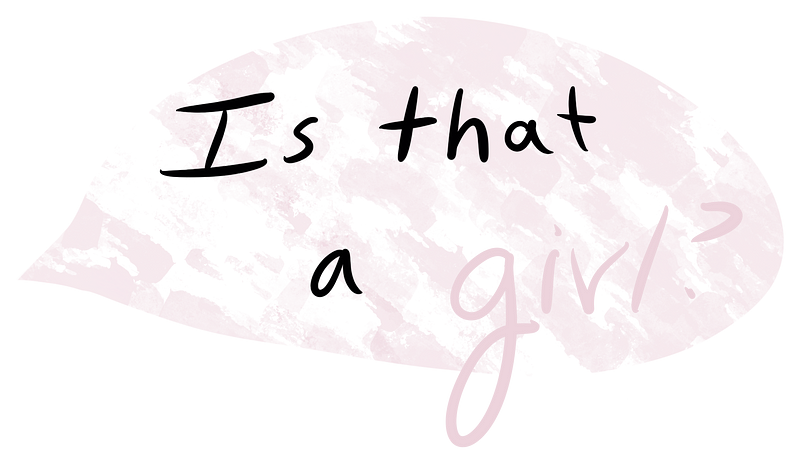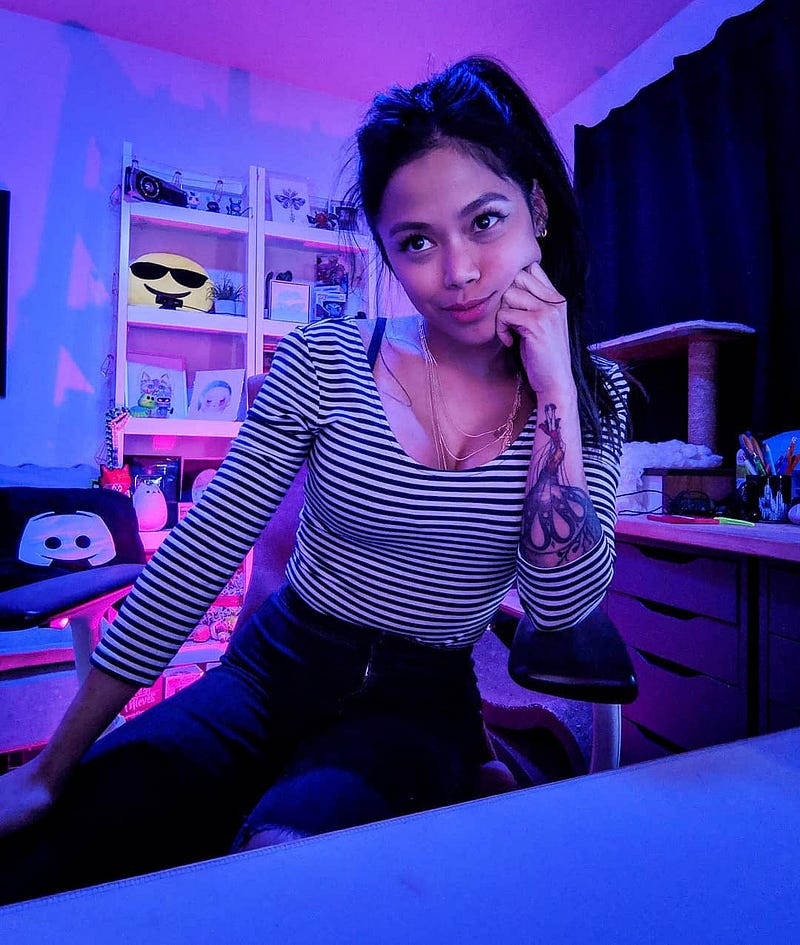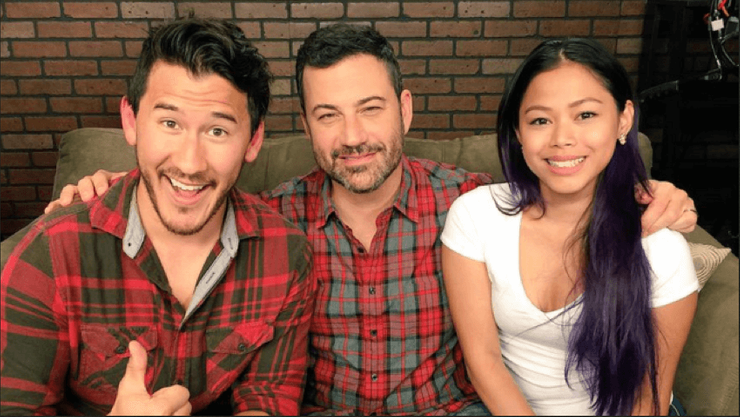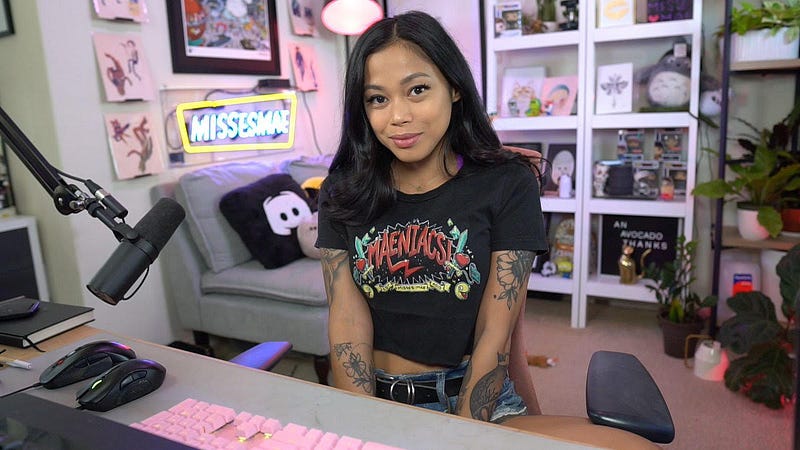No Longer an Anomaly: Female Gamers of Color
Female gamers of color share their experiences in an industry dominated by white males charged with sexist and racist slurs.
Story by Malia Cantimbuhan
After a long and difficult day at preschool, I remember sitting in my dad’s lap as he bolted away and shot flesh-eating, reawakened corpses. His hands were noisy as he smashed his thumbs into the buttons and sticks of the controller. He jolted his entire body, including my tiny self, in reaction to a loud noise or unexpected attack. At the time, I didn’t know what the hell was happening or what zombies were, but I did know that the whole experience was exhilarating.
My dad was playing “Resident Evil 2.” As I started to learn and understand more of what zombies were and the objective of the game, I became increasingly interested — and borderline obsessed — with the grey plastic box that my dad called a PlayStation.
My dad’s best friend, who I referred to as my uncle Khoi, worked for Microsoft. I remember attending numerous video game demo get-togethers when I was young. When I was four, my uncle Khoi gifted me an original Xbox. This gift was probably meant for my dad so I could get passed down the old PlayStation. But no matter how hard he tried, even if he put the Xbox on the highest shelf, he couldn’t get my little fingers off of it.
This ignited a thrilling and addicting relationship with video games.
I often come back to this memory whenever someone questions why I play video games … and I get questioned a lot.

“You play video games?”
I just said I did, so why are you asking?
“You need help? You know how to do that?”
No, I don’t need help. I’m just learning the game just like you. I can figure it out myself.
Video games are an important and extremely popular form of entertainment. The U.S. game market generated $36.9 billion in 2019 and is expected to increase to $300 billion by 2025. Despite this growth, the video game industry is still facing a problematic disparity among audiences. According to a 2019 survey from the International Game Developers Association, video game developers tend to be straight white men which is why games are typically orientated toward straight white men. The lack of representation among women and non-white ethnicities in players, developers and video game characters has often created a hostile online environment where homophobic, racist and sexist slurs are common talk. As a female gamer of color, I have experienced the toxicity of this gaming environment firsthand.
When I got older and online multiplayer became more popular and more accessible through different games and platforms, I remember constantly checking if my mic was muted during online matches. The slightest peep of my voice would immediately trigger “teammates” to tell me to get back in the kitchen and make them a sandwich. To this day, I still receive the same comments. It’s more upsetting that the insults haven’t gotten any more imaginative than the effect the insult actually has on me. There’s no better way to assert your dominance and control than admitting you can’t make your own lunch.
No one knows what you look like in real life when playing “Call of Duty” matches. Still, many people yell racist slurs, particularly about Black and Asian individuals, as an insult to those who aren’t playing objectively or lost the game. Though most of these slurs are thrown out into the online abyss for anyone and everyone to hear, I felt personally attacked. More so when I heard comments like “you play like a girl.”
Keep in mind, this was during the mid-to late-2000s. The insults don’t hit as bad nowadays, but hearing, “you play like a girl,” back then could immediately shoot down many boys’ confidence.
For a while, I listened. I also didn’t want to play like a girl. I wanted to play well and be better than everyone else. At the time, I didn’t understand that I could be exactly that. I could play well and be better than anyone else and be exactly who I am.
A girl.
Many days, I was too intimidated to play online. This led to watching many YouTube videos of gameplay compilations and walkthroughs in the early to mid 2010s. Here I discovered gamers like VanossGaming, BasicallyIDoWrk, Lui Calibre, and eventually MissesMae, who was the first female gamer of color I came across. She was just as funny, entertaining and skilled as her male counterparts.

Jonna Mae, known as MissesMae online, is a Filipino-American woman. She has been gaming since she was a five-year-old and producing video game content on YouTube since 2012. She has grown her audience to over 139,000 followers on Instagram and over 110,000 followers on Twitch, a popular live streaming platform where millions of people come together to chat, interact, and make entertainment.
In an older video, Mae finesses and eliminates an enemy opponent. The opponent who got eliminated responded with this comment:
“Wow, that is the first time I’ve ever seen a girl dropshot. That is amazing. That proves that she’s a f**king c**t.”
A dropshot is a technique when you move your character into a prone position while firing to evade incoming bullets and ultimately kill the opponent.
Most of the comments Mae receives tend to discredit anything she does.
“If I’m doing well in a game, then someone else must be playing for me, or that I only have people watching because I’m a woman,” Mae said.
Nowadays, Mae likes to use these moments as a time to educate and give a different perspective.

“Whenever a comment is thrown at me like ‘you only have people watching because you are a girl,’ I try to give them the perspective of how hard a woman in gaming has to prove themselves that they belong,” Mae said. “These questions are rarely presented to men.”
Watching Mae back then when my only life was Black Ops 2 Search & Destroy and Minecraft — yes, Minecraft — gave me the courage to continue playing video games and pursue life’s passions even if those passions felt male-dominated.
The gamers I use to watch back then grew up … and I grew with them too. When I came to college, I began to fall out of touch with video games. I didn’t have much time to game between studies, but if I did, it was with friends I met from soccer. These friends from soccer were all boys and were more keen towards FIFA 16 than COD. I was never a big sports-game fan or at least not as diehard as they were. And oh girl, I have never been so mansplained to in my life. It was all about sports, video games and asking if I needed help.
I felt like I was being exactly what many boys who didn’t know me already assumed me to be — not really good at video games — so I stopped playing and just watched the boys play.

All I did was watch. I watched videos of people playing video games. I watched female gamers become more popular among the gaming community, along with streaming and noticed the undoubtful trend of racist insults and women still not being taken seriously as gamers.
As I was scrolling through Instagram, lo and behold, I spotted a gamer that goes by Neytiri, who reinspired me to get back to playing video games.
Sydney, who goes by her game handle “Neytiri,” is a black female Twitch streamer and a former classmate of mine from middle and high school. Neytiri experiences racist and sexist remarks almost every time she goes live. The comments range from microaggressions to full-on racist and sexist attacks. Some spam derogatory terms in chat and others assume she is bad at video games just because she is a girl. But Neytiri is most definitely not.
“Gaming culture can be pretty toxic to the point where I sometimes choose to not use in-game communications because I fear my teammates will attack me for being a girl. It never feels good, but I have developed a thick skin by being a double minority, both black and a woman, in this industry,” Neytiri said.
I can understand how Neytiri feels. Over the years, I’ve realized how growing up in this community has affected the way I look at myself. I was quiet because anytime I spoke or made the slightest audible expression, I was told to shut up. Now I was not only silent and upset, but I was frustrated. This frustration developed into a rage. This pent-up anger affected my mood, my gameplay and how I interacted with people online and in person.
It is easy to be discouraged in the gaming community as a woman of color, but that shouldn’t stop anyone from participating or giving in to the toxicity of trash-talking.
“It never feels good, but I think I have had to develop a thick skin for being a double minority, both black and a woman, in this industry.”
“People are looking to connect and people of color feel comfortable seeing people who look like them in the media,” Neytiri said. “While the internet and gaming culture may work to put down women and minorities, there will be plenty of allies you meet along the way that makes it that much easier to push through!”
Looking up to Mae, someone I grew up watching, and Neytiri, someone who is my age, has helped me fully appreciate being a female gamer of color. This acceptance has not only given me hope for the future of gaming but has also reminded me to never underestimate myself. Gaming has given me complete confidence and willingness to go after the things that people tell me are impossible. Even if we only play as buff white male protagonists in video games, it doesn’t mean women or people of color can’t ever envision themselves being a hero in their own story.
